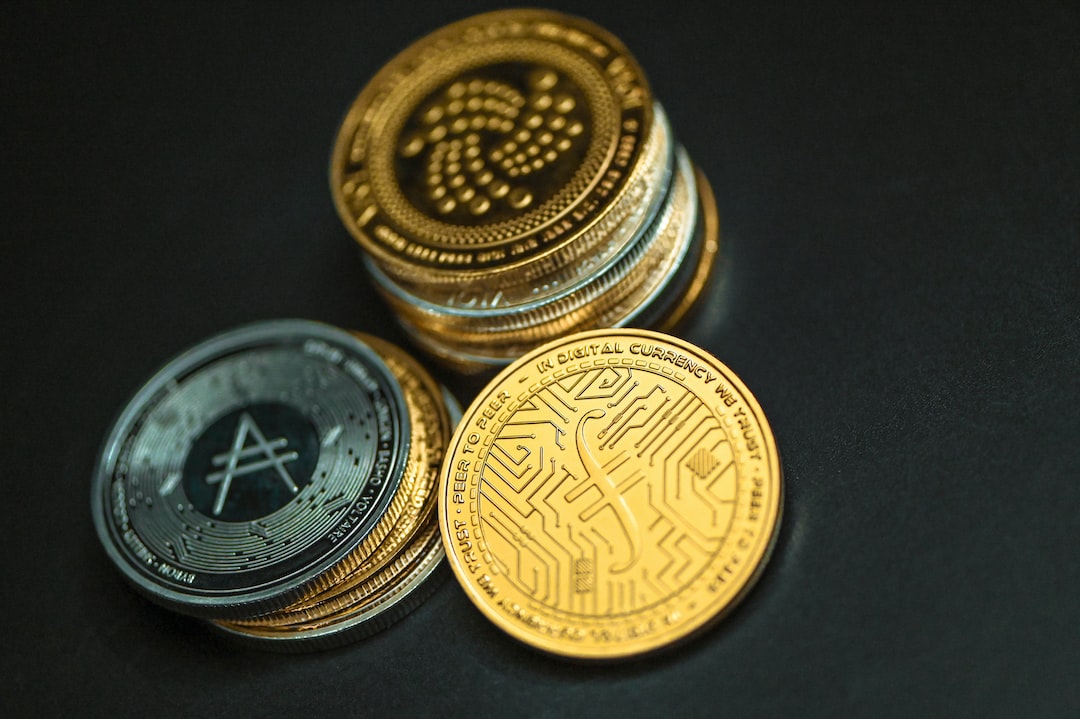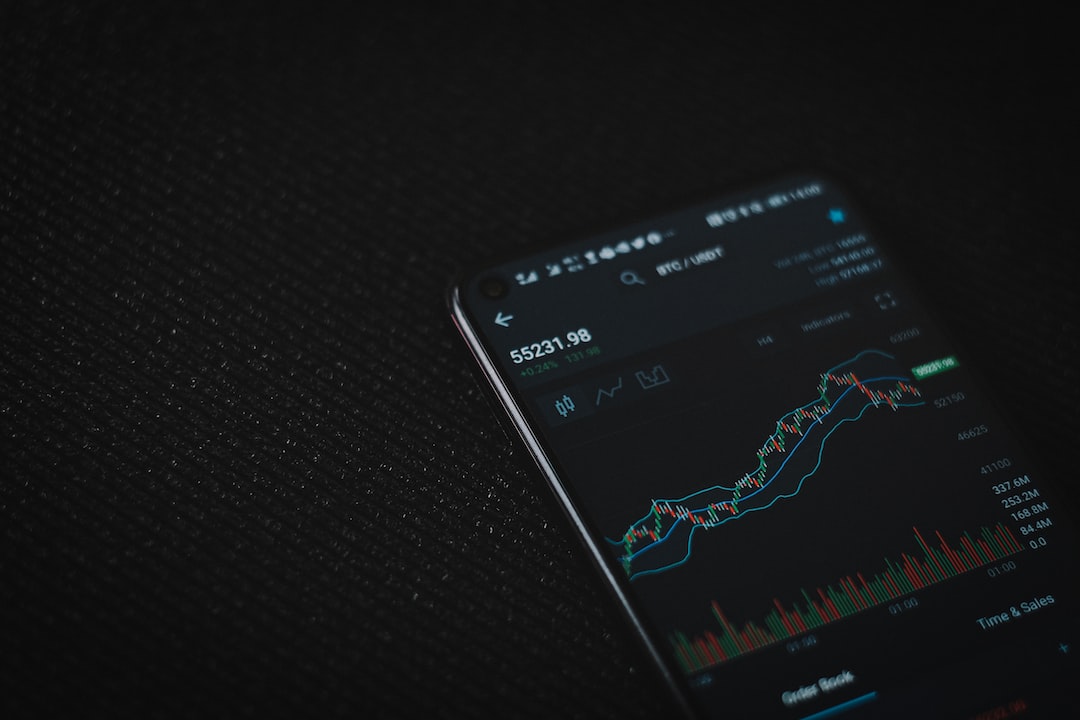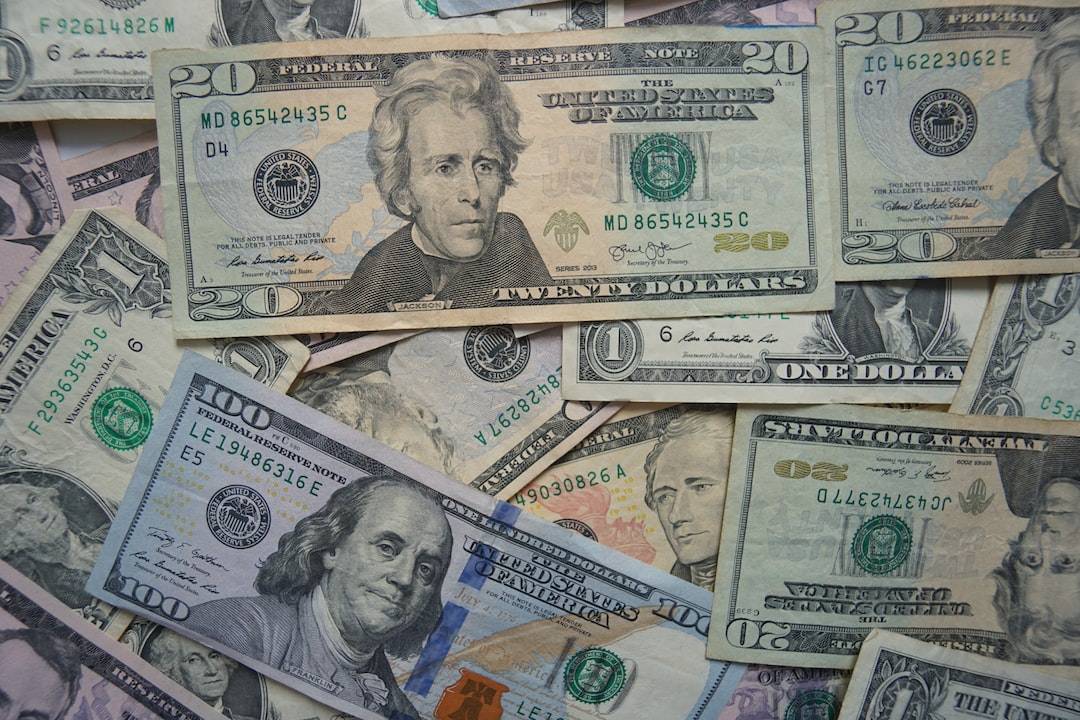New York Judge Challenges Bankman-Fried’s Lawyers Over Document Access and Internet Conditions in Jail
A New York district court judge expressed skepticism towards Sam Bankman-Fried’s lawyers as they argued against the government’s use of millions of pages of documents as evidence and raised concerns about the weak internet access in jail. Bankman-Fried, the former billionaire and FTX CEO, is awaiting trial following accusations of witness tampering. His lawyers claim that the late arrival of the documents and his limited access to them in jail hinder their ability to prepare for trial.
Key Points:
- Bankman-Fried’s lawyers argue that the late arrival of millions of pages of documents hampers their ability to review and prepare for trial.
- Judge Lewis Kaplan states that there is no evidence of the government acting in bad faith.
- The government explains that the documents were recently obtained from Google due to a production error.
- The majority of the documents are from Bankman-Fried’s own Google accounts.
- Judge Kaplan gives the defense until Friday to request a trial postponement, but does not guarantee approval.
Challenges in Prison Conditions:
Bankman-Fried’s lawyers also highlight the limited battery life of the laptop provided, the absence of power outlets in the cell block, and the weak internet connection during sessions. They advocate for his temporary release prior to trial. Judge Kaplan inquires about the possibility of using an extension cord, but prosecutors argue against it due to security risks. The judge requests a joint report on the jail conditions by Tuesday morning.
Hot Take:
The judge’s dismissal of Bankman-Fried’s claim about document access and internet conditions in jail suggests that the court is unlikely to grant significant concessions. This may pose challenges for the defense in preparing their case. The case highlights the complexities and limitations faced by defendants in accessing necessary resources while in custody.





 By
By
 By
By
 By
By

